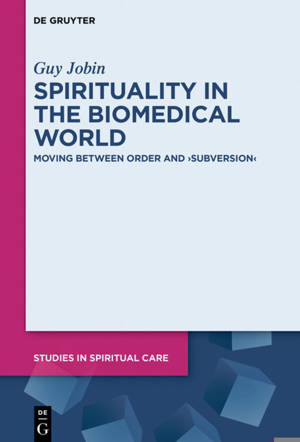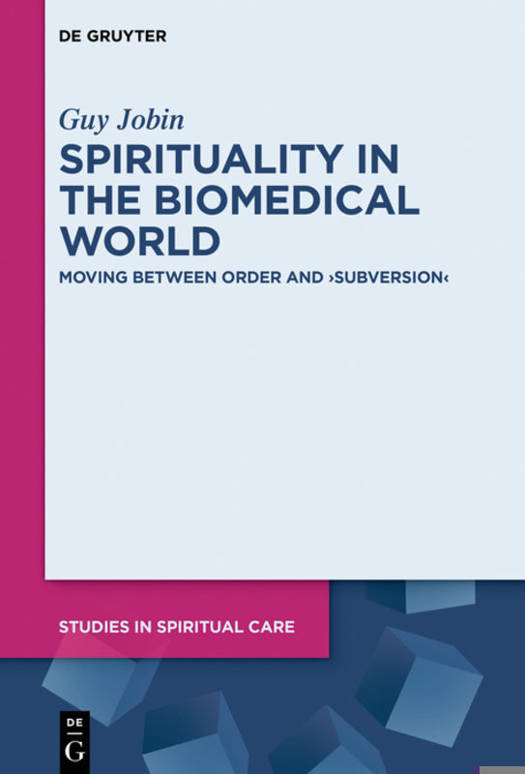
- Afhalen na 1 uur in een winkel met voorraad
- Gratis thuislevering in België vanaf € 30
- Ruim aanbod met 7 miljoen producten
- Afhalen na 1 uur in een winkel met voorraad
- Gratis thuislevering in België vanaf € 30
- Ruim aanbod met 7 miljoen producten
Zoeken
€ 165,95
+ 331 punten
Omschrijving
The need to take the spiritual experience during illness into account is part of a broader trend in Western societies--a fascination with the practical uses of spirituality and its contribution to individual wellbeing, whether through a religious or a humanist tradition. This understanding of spirituality differs from traditional views embedded in religious traditions. This book takes a critical point of view at the biomedical representation of the function of spirituality in care. Medicine reorders notions such as life, death, health, sickness, and spirituality. This process is called here "sapientialization", i.e. the spiritual experience is expressed and understood under the auspices of and in terms of wisdom. This view tends to identify spirituality and ethics. I propose an alternate understanding of spirituality, grounded on its subversive power. Inspired by the work of the theologian John D. Caputo, it is critical of some problems that are associated with the sapientialization of spirituality in biomedicine, such as the medicalization of spiritual experiences or the instrumentalization of spirituality. It provides an understanding of spirituality that honours both the medical interest in it and its capacity to resist to instrumentalization.
Specificaties
Betrokkenen
- Auteur(s):
- Uitgeverij:
Inhoud
- Aantal bladzijden:
- 184
- Taal:
- Engels
- Reeks:
- Reeksnummer:
- nr. 5
Eigenschappen
- Productcode (EAN):
- 9783110525267
- Verschijningsdatum:
- 22/06/2020
- Uitvoering:
- Hardcover
- Formaat:
- Genaaid
- Afmetingen:
- 156 mm x 234 mm
- Gewicht:
- 462 g

Alleen bij Standaard Boekhandel
+ 331 punten op je klantenkaart van Standaard Boekhandel
Beoordelingen
We publiceren alleen reviews die voldoen aan de voorwaarden voor reviews. Bekijk onze voorwaarden voor reviews.








